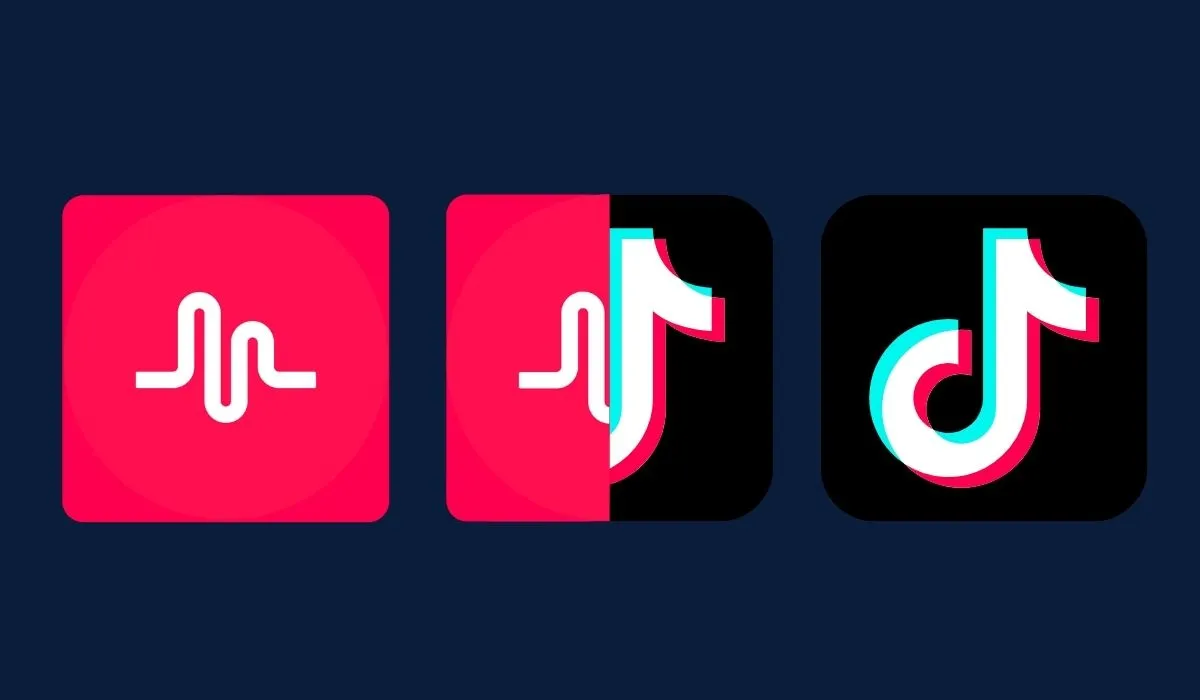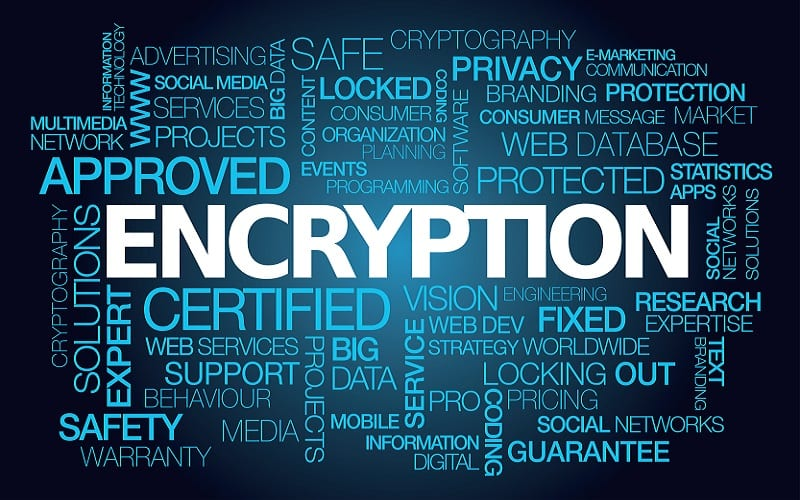Tuesday, November 28, 2023
Blog #6 - Antiwar
Tuesday, November 21, 2023
Blog #7 - Diffusion of Innovations
TikTok through the lens of the Diffusion Theory

 "Those aged 50+ make up the smallest share of TikTok users at just 11%." To me, the laggards of TikTok are people above the age of 50. They are not willing to download TikTok and attempt to use it because they simply don't understand the point of it. TikTok is targeted towards younger generations, which could drive away older people. Most of the time these generations believe social media is toxic and a waste of time, which is another reason they are hesitant to download it. Because older people are not using social media in the first place, it is not likely for them to use TikTok.
"Those aged 50+ make up the smallest share of TikTok users at just 11%." To me, the laggards of TikTok are people above the age of 50. They are not willing to download TikTok and attempt to use it because they simply don't understand the point of it. TikTok is targeted towards younger generations, which could drive away older people. Most of the time these generations believe social media is toxic and a waste of time, which is another reason they are hesitant to download it. Because older people are not using social media in the first place, it is not likely for them to use TikTok. Wednesday, November 15, 2023
Blog #8 - Privacy in the digital age
Privacy... or lack thereof.
After watching multiple TED talks surrounding the issue of privacy, I was surprised and disturbed at how uneducated I was regarding my own privacy. I learned so much about how phone users are being invaded every day, and how unaware we are of this issue. 
In Christopher Soghoian's talk about avoiding surveillance, he explained that phones are created for surveillance, which affects each and every person who owns one. I was shocked to learn that any phone call I make can be invaded and a stalker, government official, or criminal can hear every word.
However, I was glad to learn about Silicon Valley companies that utilize encryption technology which makes it harder for our privacy to be invaded. Sending a text message from an iPhone to an iPhone is safer than making a call. Soghoian's TED talk also mentioned that FaceTime calls cannot easily be wiretapped, which is refreshing to know. This makes me never want to make a phone call to my mom again, but to just send her a text so I know my information is somewhat safe.
This TED talk mentioned "democratized encryption" and explained how it is making the government very angry because of the lack of access to information they now have. This idea really interested me, so I decided to look further for information on the democratization of encryption. I quickly learned that encryption makes data undecipherable, which is a huge worry for the government as encrypted data brings complex security challenges.
Some government officials believe that every text, phone call, and email should be available to the government to be aware of the communication happening between individuals. While I understand their point of view, I believe humans have the right to privacy of their information online. It becomes an individual choice at this point though- should we be using devices that can release our information this easily? If we educate ourselves on the government's access to our information, then we should be able to make a knowledgable decision about whether or not we will allow them to. So, I guess the question is is it worth the risks?
Thursday, November 2, 2023
Blog #4 - EOTO
1944: The year of innovation.
The first ballpoint pen was sold in 1944 in Argentina. As the war closed the pen was being sold all over the world. Sales began super high, but as time has gone the pen has become much more popular and much less expensive. Prices started at $12.50 per pen, an unreasonably high number even in US dollars today, and 10,000 pens were sold on the first day. Now, it costs less than 1 cent per pen to manufacture, and millions are made and sold each day.
Final Post - Relationship with Technology
Our Relationship with Technology When I reflect on technology and its relationship with our world today, my biggest concern is children. A...

-
1944: The year of innovation. The first patent for the ballpoint pen was given to John J Loud in 1888, as he attempted to make a pen that w...
-
Eight Values of Free Expression Reflection In my opinion, the most important value of free expression is stable change. Stable change allow...
-
Living in the age of AI After watching the video regarding AI in class, I realized how unaware I was of the capabilities of artificial i...















